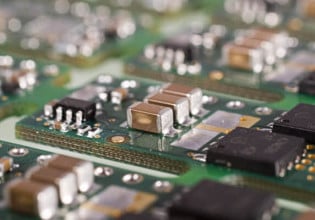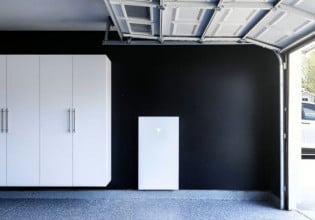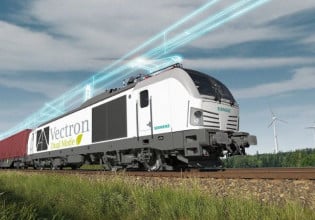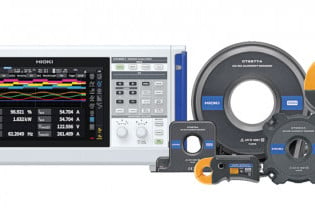Johnson Controls-Saft Advanced Power Solutions To Power Dodge Plug-in Hybrid
A fleet of Dodge Sprinter plug-in hybrid delivery vans will be operating within the United States, powered by Lithium-ion (Li-ion) batteries developed by Johnson Controls-Saft Advanced Power Solutions (JCS). The test fleet is claimed to be helping to usher in a new age of extremely fuel-efficient and environmentally friendly, urban transportation.
"Advances in Lithium-ion battery technology are bringing the reality of plug-in hybrids closer to commercialization," said Mary Ann Wright, who leads the JCS joint venture and is Vice President and General Manager of Johnson Controls’ hybrid battery business.
According to Wright, the Dodge Sprinter is an ideal vehicle to carry a large battery pack and still have ample room readily accessible for use as a delivery vehicle. Fleets of Sprinter plug-in hybrids were put into service in Los Angeles, New York and Kansas City in 2006 during the first phase of Chrysler and Daimler’s plug-in hybrid development program. Powered by Johnson Controls-Saft nickel-metal hydride (NiMH) and Li-ion battery packs, the Sprinter vans have provided valuable data to accelerate the development of future battery technology.
It is claimed that the Li-ion battery packs in Sprinter plug-in hybrids will be 47% lighter compared to previous NiMH systems and deliver more power than today’s conventional hybrid batteries.
"Advanced battery technology is the single most important enabler in making all types of electric vehicles practical," says Wright. "Plug-in hybrids, conventional hybrids, electric vehicles (EVs) and hydrogen fuel cell vehicles will benefit from Lithium-ion technology. Johnson Controls-Saft is determined to deliver state-of-the-art batteries to power advanced, environmentally friendly vehicles."
According to the companies, plug-in hybrids can travel much farther on emission-free electric power than conventional hybrids, and are particularly well-suited for urban delivery vehicles operating in heavy traffic and making frequent stops. Plug-ins can be charged overnight using less-expensive off-peak electricity. Very large battery packs, however, are needed to store the electric energy for daily use.
Johnson Controls-Saft is a joint venture that has brought together Johnson Controls – a leading supplier of automotive batteries and a company experienced in integrated automotive systems solutions – with Saft, a French advanced energy storage solutions provider with Li-ion battery expertise.






